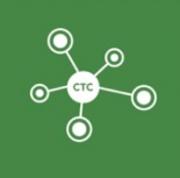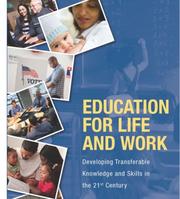
National Convergence Technology Center
connectedtech.org
The mission of the National Convergence Technology Center is "to meet the growing need for skilled specialists in the area of Convergence Technology and Home Technology Integration." The CTC focuses on leading national efforts to ensure that students are prepared with up-to-date IT skills to be highly employable upon completion of a two-year degree. CTC addresses curricular needs required by extensive changes expected in the industry, creates new business-led regional hubs (r-hubs) of influence to broaden dissemination and sustainability, creates and disseminates IT skill standards authored by the BILT, and provides products and services required to implement and support programmatic changes in Community and Technical College IT programs to promote graduates' success.







